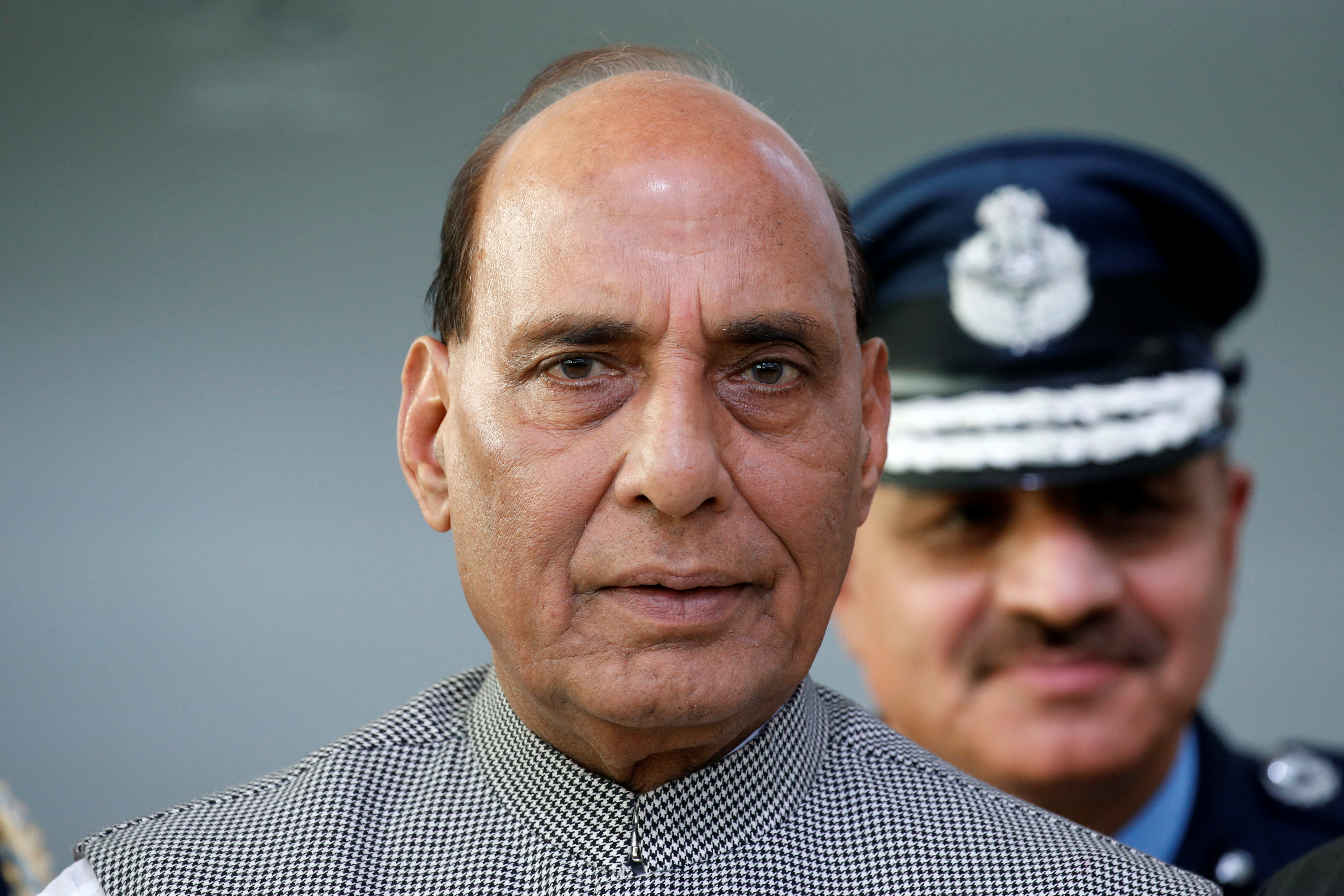
During his speech, Singh addressed the revocation of Article 370, the provision of the Indian Constitution that had granted special status to Jammu and Kashmir. He reiterated that the removal of this provision in 2019 was a pivotal step to end the region's suffering and lead it towards prosperity. Singh said that by abolishing Article 370, the government aimed to integrate Jammu and Kashmir more fully into the national framework, promising better development and security for the region’s residents.
The defence minister’s comments reflect the BJP’s continued narrative of prioritizing national security, economic integration, and infrastructure development in Jammu and Kashmir since the revocation of its special status. Singh underscored that terrorism remains the principal obstacle to peace in the region, calling on Pakistan to act decisively to curb terror networks operating across the border. According to Singh, only once terrorism has been fully eradicated will there be a meaningful possibility for talks to resume.
This offer for dialogue is significant given the fluctuating relationship between India and Pakistan over the years, marked by phases of strained diplomatic ties and military skirmishes. Relations between the two countries had deteriorated sharply after the February 2019 Pulwama attack, in which a suicide bomber targeted Indian paramilitary forces, killing over 40 soldiers. India had blamed Pakistan-based militant group Jaish-e-Mohammed for orchestrating the attack, leading to a brief military standoff between the two countries.
In his speech, Singh did not delve into specifics regarding what a renewed dialogue with Pakistan might entail or which diplomatic channels could be used, but his insistence on halting terrorism as a precondition is consistent with India's long-standing position. Pakistan, for its part, has repeatedly denied providing material support to militant groups in Kashmir, though it has been accused of offering safe havens and logistical backing to such entities. The two countries have not engaged in substantive peace talks since 2015.
While Singh's comments on the potential for dialogue captured attention, his remarks on the revocation of Article 370 equally resonated with his audience. The removal of Jammu and Kashmir’s special status has been a focal point of the BJP’s agenda, as the party has consistently argued that the special provisions had isolated the region and hindered its economic growth. The bifurcation of the erstwhile state into two Union Territories—Jammu and Kashmir, and Ladakh—was also presented as part of a broader strategy to increase governance efficiency, bolster security, and accelerate development projects.
Singh explained that the abrogation of Article 370 was not an arbitrary political decision but a necessary measure to bring Jammu and Kashmir on par with other Indian states in terms of rights and privileges. He cited the government's development initiatives, including infrastructure projects, tourism promotion, and efforts to create employment opportunities for local youth, as evidence of the positive impact the change has had on the region. He also acknowledged that security forces in the region had been working tirelessly to combat militancy, and with growing success in the battle against insurgent groups, the groundwork for peace was steadily being laid.
The defence minister also used the occasion to address voters in Ramban district, urging them to support BJP candidate Mohd Saleem Bhat in the upcoming assembly elections. Singh lauded Bhat as a leader committed to the welfare of the people and one who would work in tandem with the BJP’s broader vision for Jammu and Kashmir.
On the international front, Singh's statements come at a time when the global community is closely watching South Asia's evolving security dynamics. Both India and Pakistan have been facing external pressures, particularly from Western countries, to reduce tensions in the Kashmir region and open pathways to diplomacy. In contrast, regional powers like China, with its own strategic interests in Kashmir, have taken a more cautious approach, while continuing to monitor developments between the two neighbours.
As Singh reiterated India’s stance on counter-terrorism and its commitment to peace talks contingent on the cessation of terrorism, the complexities of the Kashmir issue remain deeply entrenched. The region, which has been the flashpoint of two major wars between India and Pakistan since partition in 1947, continues to be one of the most militarized zones in the world. The abrogation of Article 370, while supported by the Indian government, has been met with criticism both domestically and internationally, particularly from those who believe it has exacerbated tensions in the region.
Nevertheless, Singh assured the crowd in Ramban that the government remains steadfast in its commitment to ensuring that Jammu and Kashmir emerges as a region of peace, stability, and development. He reaffirmed that dialogue could pave the way for better relations with Pakistan, but only if Pakistan genuinely commits to ending all forms of terrorism.
